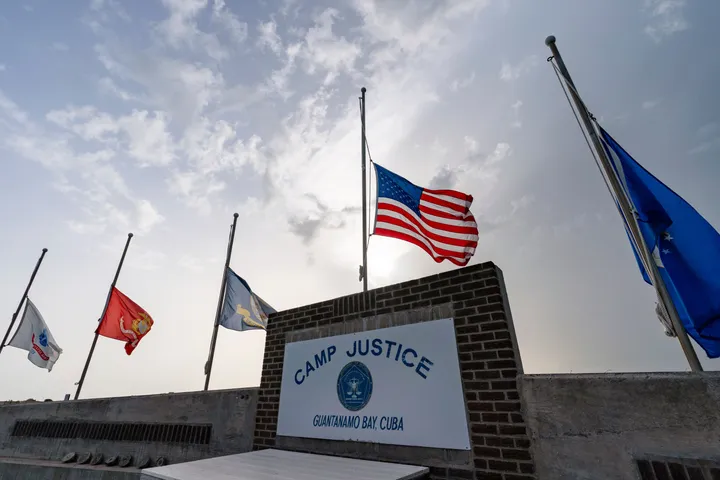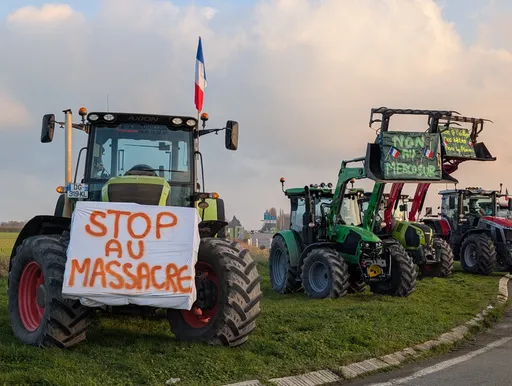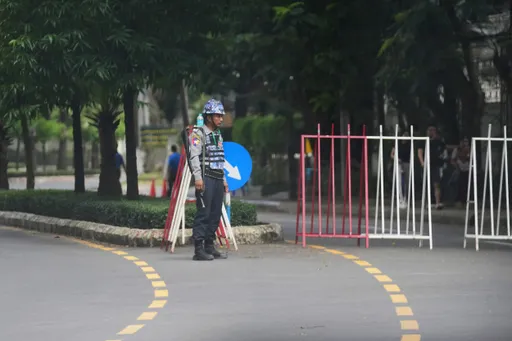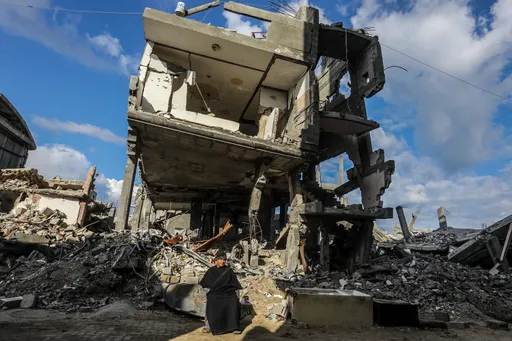UN agencies have warned that Libya's flood-stricken city of Derna, where thousands were killed a week ago, faces the threat of disease outbreaks that could bring "a second devastating crisis".
The massive flash flood that is estimated to have killed over 11,000 people and left more than 10,000 missing came as the war-scarred North African country was lashed by hurricane-strength Storm Daniel on September 10.
Traumatised residents, 30,000 of whom are now homeless, badly need clean water, food and basic supplies amid a growing risk of cholera, diarrhoea, dehydration and malnutrition, UN agencies warned on Monday.
"Teams from nine UN agencies have been on the ground delivering aid and support to those affected by Storm Daniel and the flash flooding for the last few days," said the UN Support Mission in Libya.
But it warned that local officials, aid agencies and the World Health Organization "are concerned about the risk of disease outbreak, particularly from contaminated water and the lack of sanitation".
"The team continues to work to prevent diseases from taking hold and causing a second devastating crisis in the area," UNSMIL said in a statement.
Rapidly rising waters burst two upstream river dams in Derna, sending a late-night tidal wave crashing through the centre of the coastal city of 100,000 that swept entire residential blocks into the Mediterranean.
Türkiye was among the first countries to respond to the crisis, despatching two naval vessels -- TCG Bayraktar and TCG Sancaktar -- with aid workers and relief materials.
A total of 360 personnel, including members of the Turkish Disaster and Emergency Management Presidency (AFAD), Search and Rescue Association (AKUT), Health Ministry, Coast Guard, and fire department, are now working round the clock in the flood zone.
Ambulances, trucks, rescue and rapid intervention vehicles are among the 122 vehicles that were successfully carried to Libya on the ships.
Also working on the ground are UN teams -- including the children's relief fund UNICEF, refugee agency UNHCR and World Food Programme -- which have been in and around Derna for the past few days to help the survivors.
UNICEF teams have delivered "medical kits to primary care services to support 15,000 people for three months" while the UNHCR distributed supplies including blankets, tarpaulins and kitchen equipment to 6,200 displaced families in Derna and Benghazi, said UNSMIL.
"So far food rations have been distributed to over 5,000 households through the World Food Programme, and 28 tonnes of medical supplies have been shipped by charter flight from the World Health Organization, which has also donated ambulances and medical kits."
Last week, the United Nations launched an aid appeal for more than $71 million for the emergency response in Derna and other parts of eastern Libya.
Poisoned water
People whose homes were swept away by flooding faced the dilemma of whether to stay and risk infection or flee through areas where landmines have been displaced by the torrents.
Libyan authorities have confirmed that 150 people have been poisoned by polluted water in the flood-hit areas.
Mohamed Wanis Tajouri said he had come to Derna from Benghazi down the coast with fellow medical students to carry out disinfection and sterilization work.
"After floods epidemics occur," he said.
The homeless are surviving in makeshift shelters, and schools or packed into the houses of relatives or friends, aid the United Nations Office for the Coordination of Humanitarian Affairs (OCHA).
Floodwaters had shifted landmines and other ordnance left over from years of conflict, posing an extra risk to the thousands of displaced people on the move, it added.
OCHA said that according to the latest data from the International Organization for Migration, more than 40,000 people had been displaced across northeastern Libya, but warned that figure was likely to be higher.
























